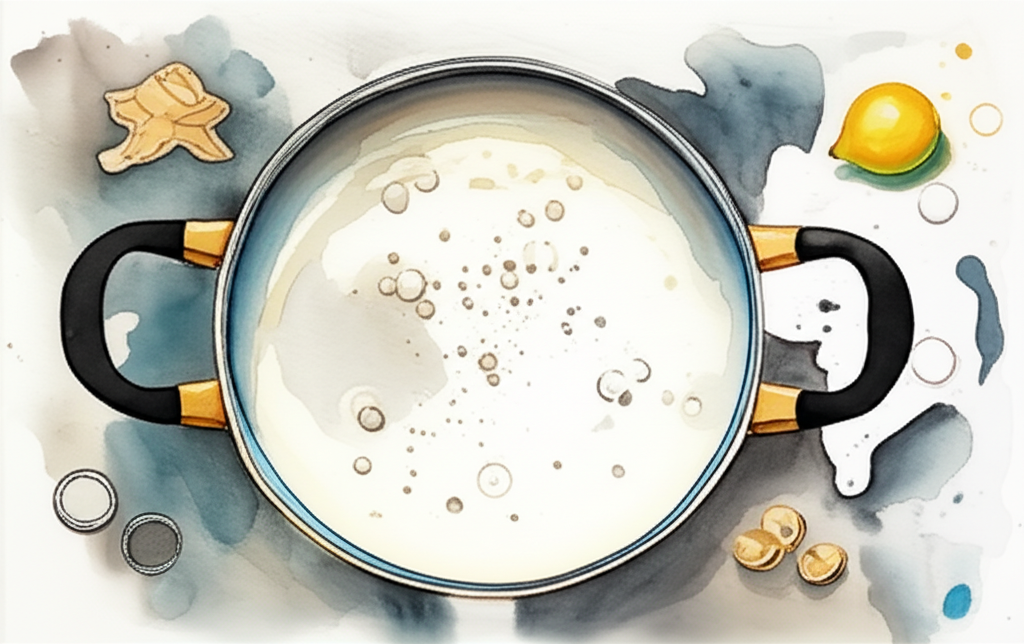
The belief that it is bad luck to let milk boil over is a superstition with roots in both practical necessity and ancient beliefs about the interconnectedness of life. This seemingly simple kitchen mishap carries symbolic weight, reflecting concerns about resource scarcity and the health of livestock.
Historically, milk held significant importance as a dietary staple, especially during the Middle Ages. Without modern refrigeration, its perishability meant that only essential quantities were kept. Consequently, allowing milk to boil over, resulting in waste, was naturally viewed unfavorably. This practical concern, however, is only part of the story; the superstition also stems from much older and more profound cultural ideas.
Underlying the superstition is the concept of sympathetic magic, a widespread belief among prehistoric tribal communities. This principle, first documented extensively by Scottish social anthropologist James Frazer in his influential work, The Golden Bough (1890), posits that similarities beget similarities (e.g., a yellow fruit curing jaundice) and that objects once connected retain a persistent link even after separation. Applying this to milk, any action affecting the milk of a cow was believed to potentially affect the animal itself.
In societies where livestock health directly determined human survival, safeguarding animals from harm became paramount. The causes of animal illness and death were often poorly understood, leading to blame being placed on perceived violations of customary practices and superstitions. In medieval Europe, this anxiety likely amplified the negative connotations of letting milk boil over. The worry extended beyond mere waste; it potentially symbolized a disruption of the vital link between humans and their life-sustaining animals.
Cultural interpretations of milk boiling varied geographically. While Europeans might have fretted about the misfortune associated with the act, some African tribes, including the Masai and Baganda of East Africa, and the majority of tribes in Sierra Leone, took a more drastic approach. They avoided boiling milk altogether, fearing potential harm to the cow and a subsequent decline in milk production.
In modern interpretations, the superstition surrounding boiling milk has largely faded, particularly in societies with readily available refrigeration and diverse food sources. However, the underlying themes of respecting resources, acknowledging the interconnectedness of living things, and adhering to cultural traditions may still resonate, even if subconsciously. The spilled milk may no longer be seen as a harbinger of doom, but the lessons of frugality and respecting the sources of sustenance remain relevant, underscoring the lasting legacy of this historical superstition.